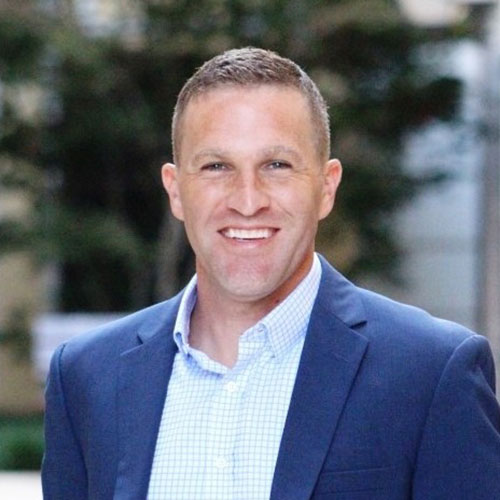According to the U.S. Bureau of Labor Statistics, employment of psychiatrists is forecasted to grow 9 percent from 2021 to 2031, substantially higher than other physician specialties. However, this growth is being outpaced by the demand for mental health services and there will continue to be an insufficient number of clinicians available to provide the necessary patient care. As of early June, ten states were already officially designated health professional shortage areas due to a lack of mental health providers.
In the latest case study published by LocumTenens.com, a fully-accredited teaching facility providing acute, subacute and ambulatory care for psychiatric patients required quick and effective staffing assistance when the retirement of several of their psychiatrists was approaching. As a strategic partner for the facility, LocumTenens.com devised a creative staffing solution utilizing psychiatric nurse practitioners to ensure continuity of care for the facility and its patients while a longer-term plan was being executed.
Here are three takeaways from a recent psychiatric care success story from a partnership between the facility and LocumTenens.com.
1. Healthcare organizations must look forward, not backward.
It's essential to have a strategic resource to partner with for staffing models in light of continuous changes in the mental health field. The U.S. Health Resources & Services Administration predicts a shortage of 39,550 psychiatrists within the next ten years. The pandemic highlighted the inefficiencies of traditional staffing practices and the need for more innovative staffing solutions.

2. Staffing solutions are evolving.
The traditional “one in, one out” headcount equations are now obsolete. Solutions must be tailored to fit the individual needs of each facility or healthcare organization. In many cases, supplementing staff with advanced practice providers and nurse practitioners can offer greater flexibility and potential cost savings. While the practice authority for Nurse Practitioners varies by state, it’s becoming clear that APPs will play an increasingly important role in the healthcare continuum in the coming years.
3. Clinician deployment matters.
A reliable staffing partner focuses on finding qualified clinicians and ensuring the onboarding process runs smoothly to enable the facility and clinicians to do what they do best - provide patient care. Feedback shows that deployment is a pain point for many locum tenens clinicians. With insufficient guidance, issues like delayed assignment starts, credentialing challenges, and a lack of clarity may arise. When clinicians have questions, a dedicated clinician deployment specialist provides guidance to get them settled in at their new assignment.
It is essential to address the challenges in healthcare staffing head-on. Broadening the landscape of psychiatric care by implementing new, flexible strategies, like leveraging nurse practitioners and advanced practice providers, as well as the benefits of implementing telehealth care, is something a strategic partner like LocumTenens.com can partner with you to provide.

About the author
Ryan Hickey
MPA, Associate Vice President, Psychiatry, LocumTenens.com
Ryan Hickey is an Associate Vice President with the Psychiatry division at LocumTenens.com. He has vast experience building relationships in multiple service lines with healthcare facilities throughout the U.S., and is passionate about partnering with clients to ensure continuity of care for their patients and communities. Ryan received his Master of Public Health degree from The Maxwell School at Syracuse University.





